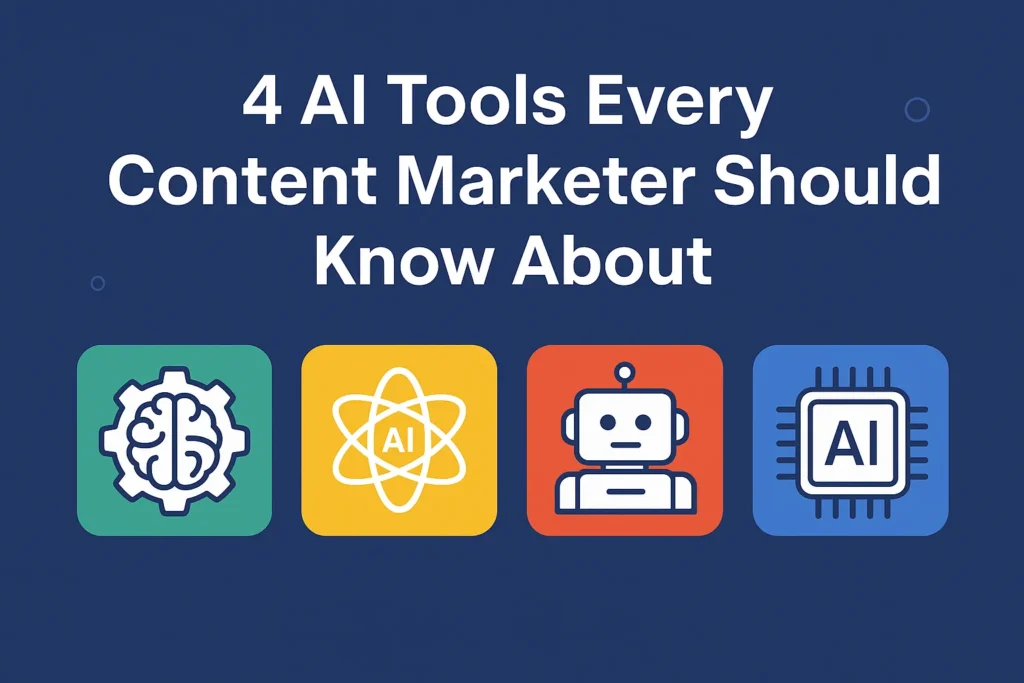Artificial Intelligence is rapidly transforming various sectors, including the world of writing. With cutting-edge models like GPT-4o and Claude, AI writing has become more accessible than ever. These advanced technologies can quickly generate articles, blog posts, and even poetry, promising to streamline content creation. However, the rise of AI writing tools isn’t without its controversies. This blog will delve into the advantages and disadvantages of using AI in writing, providing a balanced view to help you navigate this evolving landscape. Whether you’re a business owner looking to cut costs or a writer concerned about job security, understanding the pros and cons of AI writing is crucial.
Pros of AI Writing
Increased Efficiency
One of the most compelling advantages of AI writing is its ability to generate content quickly. Traditional writing processes can be time-consuming, but AI tools can produce high-quality articles, reports, and even creative pieces in a fraction of the time. For example, newsrooms and marketing teams can leverage AI to draft articles or marketing copy instantly, meeting tight deadlines effortlessly.
Cost-Effective Solutions
AI writing tools can also be a cost-effective solution. Employing a full team of writers can be expensive, but AI can reduce these costs by handling routine content creation tasks. Subscription-based AI writing services offer significant savings over hiring multiple full-time writers, making it an attractive option for startups and small businesses with limited budgets.
Consistency and Scalability
Maintaining a consistent brand voice across all your content can be challenging. AI writing tools excel in this area by producing uniform content that aligns with your brand guidelines. Furthermore, scaling content production to meet increased demand is seamless with AI. Whether you need to generate a few articles or hundreds, AI can handle the load without sacrificing quality.
Research and Data Integration
AI writing technology can integrate vast amounts of data, resulting in comprehensive and well-informed articles. These tools are proficient in pulling data from multiple sources, fact-checking, and analyzing information to provide accurate content. For example, AI aids in creating detailed reports by amalgamating data quickly and efficiently, a task that would take a human writer considerably more time.
Language and Grammar Accuracy
AI writing tools are equipped with advanced grammar and spell-check capabilities, significantly reducing the likelihood of errors. This feature is especially beneficial for non-native speakers who may struggle with language nuances. With AI, one can easily produce polished, grammatically correct content, ensuring a higher standard of writing quality across the board.
Cons of AI Writing
Lack of Creativity and Originality
One of the most significant drawbacks of AI writing is its lack of creativity and originality. AI systems, such as GPT-3, rely on existing data to generate content. This can result in content that feels repetitive or lacks the human touch that often makes writing engaging and unique. AI-generated text might miss the subtleties and creative expressions that human writers bring to the table, leading to a less impactful read.
Contextual Errors and Limitations
AI writing tools can also suffer from contextual errors and limitations. While these systems are adept at processing vast amounts of information, they sometimes misinterpret context, leading to inaccuracies or inappropriate content. For example, AI may fail to capture the nuance or sentiment of a particular topic, resulting in content that feels off-key or misses the mark. This can be particularly problematic in content that requires a deep understanding of the subject matter or a specific tone.
Ethical Concerns
The ethical implications of AI writing tools cannot be ignored. There is a potential for misuse, such as generating fake news or creating spam content. This raises questions about transparency and the risk of audiences unknowingly consuming AI-generated content. Additionally, there’s a concern about intellectual property and the originality of AI-written work, as these tools often draw from existing content.
Job Displacement
Another critical issue is the concern about job displacement. As AI writing tools become more sophisticated, there is a real fear that they could replace human writers and editors. This could have a significant impact on the writing industry and job market, leading to fewer opportunities for human creativity and expression in professional writing roles.
Quality Control and Reliability
Lastly, the reliability of AI-generated content often necessitates human oversight. While AI can produce impressive content, it is not infallible. Errors, biases, and inconsistencies can creep in, making it essential for human editors to review and correct AI-generated text. Without this oversight, the quality and accuracy of the content can be compromised, leading to potential misinformation and reader distrust.
Conclusion
In summary, AI writing offers both significant advantages and notable drawbacks. On the one hand, it enhances efficiency, reduces costs, and ensures consistency in content production. On the other hand, it grapples with limitations in creativity, contextual understanding, and raises ethical concerns.
While the potential for job displacement by AI cannot be ignored, the necessity for human oversight ensures a balanced approach to leveraging these tools. It’s essential to weigh both the pros and cons when considering the integration of AI writing tools into everyday workflows.
We invite you to share your thoughts and experiences on the topic in the comments below. For those interested in diving deeper, explore additional resources to further understand the evolving landscape of AI writing.
Skyrocket Organic Traffic Today
Ready to take your organic rankings to the next level with AI? Our own AI SEO Writer has you covered. Registration is free and comes with 5000 words per month with a free account. AI Content is just some clicks away!
Try our AI SEO Writer today

